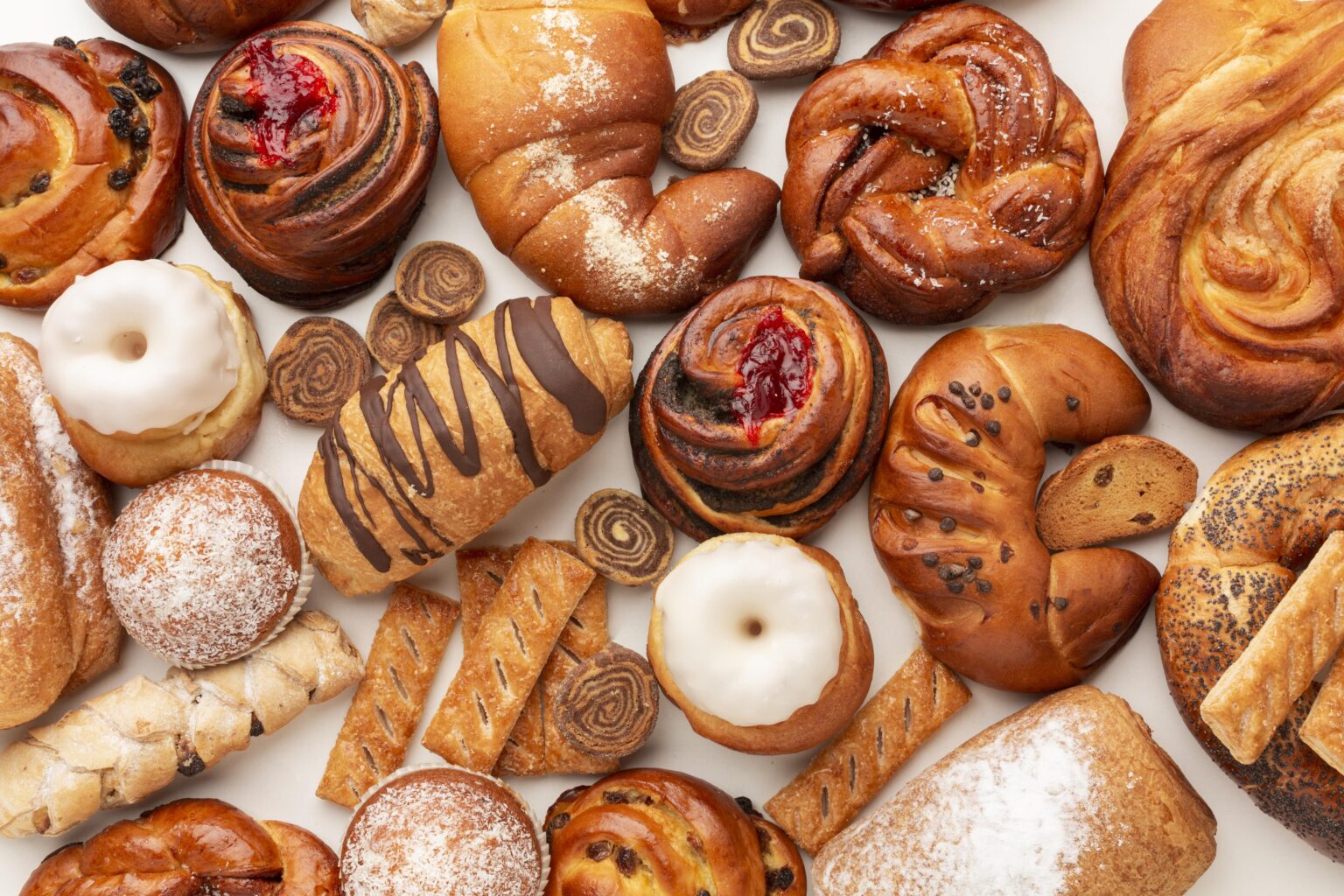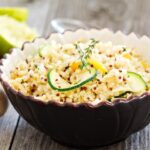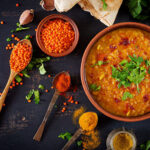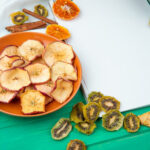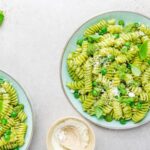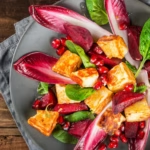Celiac disease is an autoimmune disorder where ingestion of gluten leads to damage in the small intestine. Gluten is a protein found in wheat, barley, and rye. For South Africans with celiac disease, avoiding gluten is essential to manage their condition and maintain good health. Here are 20 foods that South Africans with celiac disease should avoid:
1. Bread and Baked Goods:
Traditional bread, rolls, pastries, and other baked goods made with wheat flour contain gluten. This includes popular South African items like roosterkoek and traditional bread.
2. Pasta:
Regular pasta, including spaghetti, macaroni, and noodles made from wheat, should be avoided. Look for gluten-free alternatives made from rice, corn, or quinoa.
3. Breakfast Cereals:
Many breakfast cereals, especially those made from wheat or containing barley malt, are not safe. Check labels for gluten-free options.
4. Cakes and Cookies:
Standard cakes, cookies, and other desserts made with wheat flour are off-limits. Opt for gluten-free recipes or products instead.
5. Crackers:
Most crackers are made from wheat and contain gluten. Choose gluten-free varieties made from rice, corn, or other gluten-free grains.
6. Pies and Pastries:
Pies, quiches, and pastries typically have crusts made from wheat flour. Seek out gluten-free options or make your own using gluten-free flour.
7. Processed Meats:
Some processed meats, such as sausages, hot dogs, and deli meats, may contain gluten as a filler or binder. Always check labels or choose certified gluten-free products.
8. Sauces and Gravies:
Many sauces and gravies use wheat flour as a thickener. Be cautious with items like gravy, soy sauce, and certain salad dressings. Look for gluten-free versions or make your own.
9. Beer:
Traditional beer is brewed with barley and contains gluten. Opt for gluten-free beer or other alcoholic beverages like wine or cider.
10. Malt Beverages:
Malt, derived from barley, is found in malted milkshakes, malt vinegar, and some flavored beverages. Avoid these unless labeled gluten-free.
11. Couscous:
Couscous is made from wheat and is not safe for those with celiac disease. Try alternatives like quinoa or rice.
12. Semolina:
Semolina, used in various dishes like porridge and certain pasta types, is made from wheat and should be avoided.
13. Rusk:
Traditional South African rusks made from wheat flour are not suitable. Look for gluten-free alternatives.
14. Pretzels:
Pretzels, including the hard snack type and soft pretzels, are usually made from wheat. Choose gluten-free options instead.
15. Wheat-based Snacks:
Snack foods like cheese crackers, certain chips, and other wheat-based snacks contain gluten. Look for gluten-free snack products.
16. Traditional Soups:
Some traditional South African soups and stews might use flour as a thickener. Ensure any pre-made or restaurant versions are gluten-free, or make your own.
17. Gravies and Bouillons:
Many commercial gravies and bouillon cubes contain wheat as a thickener. Check labels carefully or make your own gluten-free versions.
18. Breaded Foods:
Fried and breaded foods, such as fish and chicken, often use wheat flour or breadcrumbs. Choose items specifically labeled gluten-free or prepare them at home with gluten-free coatings.
19. Samosas and Spring Rolls:
These popular snacks typically have wheat-based wrappers. Opt for gluten-free versions or alternatives like rice paper wraps.
20. Oats (Unless Certified Gluten-Free):
Oats themselves are gluten-free, but they are often contaminated with wheat during processing. Only consume oats that are certified gluten-free.
Living with celiac disease in South Africa requires vigilance in food choices, but with the increasing availability of gluten-free products, it is possible to enjoy a varied and delicious diet. Always read labels, ask questions when dining out, and explore gluten-free alternatives to ensure your meals are safe and enjoyable.
